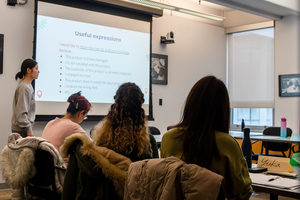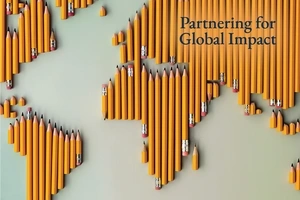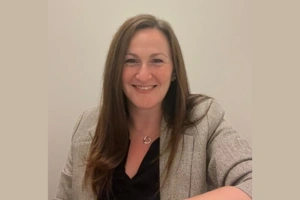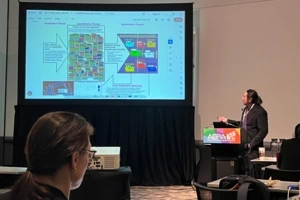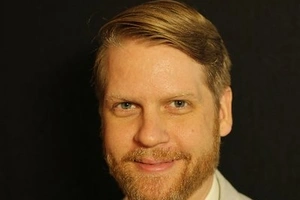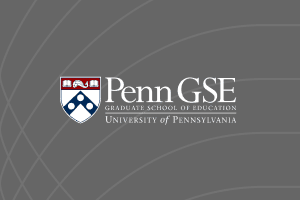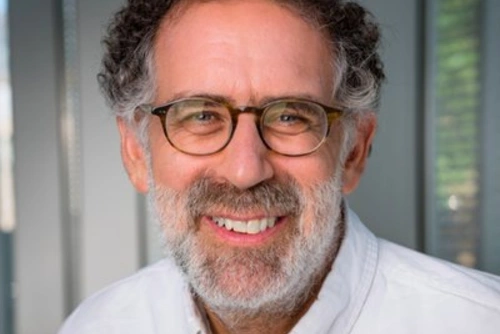
2011 McGraw Prize winner, Mitchel Resnick is the head of the Lifelong Kindergarten research group at the MIT Media Lab. His team is known for the work it has done to innovate media-based learning, such as developing the computer programming language known as Scratch, the world’s largest free coding community designed specifically for kids, which makes coding accessible for children and enables them to create their own stories, games and animations while fostering creativity, systematic reasoning and collaboration.
On October 13, 2021, the 2011 McGraw Prize winner, Mitchel Resnick, was named this year’s recipient of the LEGO prize -- an honor that, since 1985, has been presented each year to an individual or organization that has made outstanding contributions to the lives of children. In particular, the award honors work that furthers opportunities for children to learn through play. The award is presented to one individual or organization each year and is accompanied by a cash award of $100,000 to further research and development that promotes learning through play. The LEGO foundation’s official announcement of the award highlighted the work that Resnick and the Lifelong Kindergarten research group have done that “continues to redefine the possibilities of creative, collaborative learning through play across borders, backgrounds and cultures.”
Scratch programming, one of the Lifelong Kindergarten research group’s many innovations, is a free programming language and online community that children can use to create interactive stories, games, and animations, and share their creations with others around the world. Used in more than 150 different countries and available in more than 60 languages, the Scratch programming community makes programming accessible to children and engages children in learning that requires creative thinking, systematic reasoning and collaboration. In addition to the Scratch programming community, the Lifelong Kindergarten research group is also a co-founder of the Computer Clubhouse project, an international network of over 100 after-school learning centers across 21 countries, where young people from low-income communities are empowered to learn from and with technology in order to become more creative, capable and confident learners.
Resnick’s goal is for children to think of computers not only as “something that they just interact with -- pointing, clicking and browsing.” Rather, Resnick hopes that through opportunities like those that Scratch programming provides, children will feel supported to “feel that they can be creators, to develop their voice and develop their identities” in order to be “full contributors for tomorrow’s society.” Resnick believes that “all children are born with the capacity to think and act creatively,” and aims to support children in developing those skills “so that they are able to deal with new situations in creative ways.”
Media Inquiries
Penn GSE Communications is here to help reporters connect with the education experts they need.

